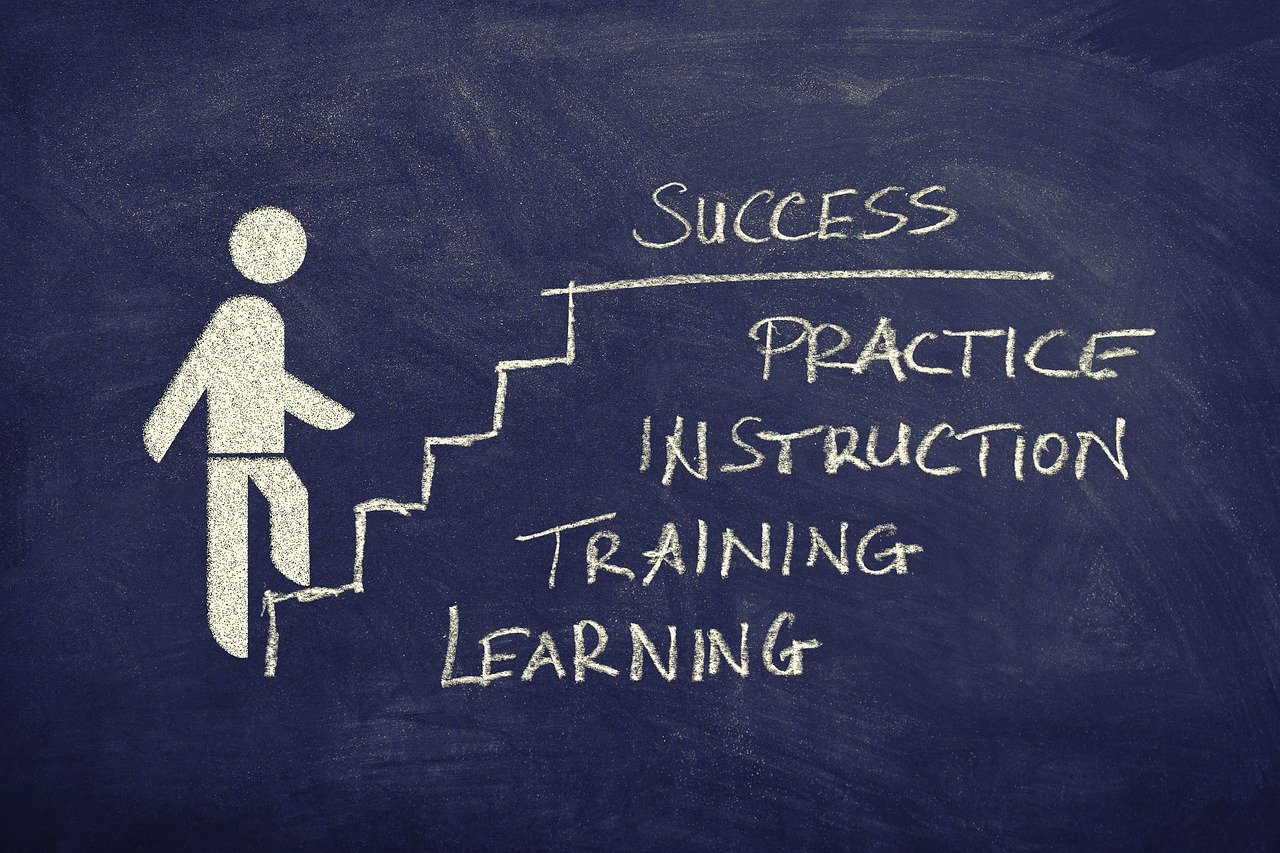
Transferable skills include interpersonal, communication, research, and technical skills. These skills can help you get ahead in your career. It’s essential to acquire and sharpen such skills to remain competitive in the dynamic job market.
Workplace policies have changed over the past years, and qualifications might not be enough to get candidates hired for their dream jobs. Employers are now looking for personal qualities, among other characteristics, to determine whether a person qualifies for the job.
It’s, therefore, essential to put this into consideration as you seek that job, and be sure not just to bring experience to the table but also your personality, social skills, transferable skills, and a growth mindset.
What are Transferable Skills?
Transferable skills are proficiencies you can use in every job, regardless of the title, field, or industry. Transferable skills are a great way to show that you’re a good fit for the role you’re applying for and are usually picked up over time.
You can acquire such skills from previous positions, volunteer or charity work, additional courses, or hobbies.
Before applying for that job you’ve been eyeing, take time to access your top 5 transferable skills. Many job descriptions list a set of skills a company requires from applicants, but here are five transferable skills employers look for.
1. Communication Skills
Let’s face it; good communication is vital for customer-facing industries. However, communication is highly versatile, and you’ll need it in almost every job.
You need communication skills to write emails, make phone calls, carry out PowerPoint presentations, and speak to individuals and groups.
2. Interpersonal skills
Interpersonal skills are part of the top 5 transferable skills we use daily to communicate and interact with others. Interpersonal skills are a set of skills in communication, such as listening and effective speaking, and the ability to control and manage thoughts and emotions.
3. Technical Skills
Technical competence is essential to every job. Strong technical skills such as Microsoft packages, CAD, or technical drawing interpretation can help you enhance your stability and grow professionally.
Even if you don’t work in a technical field, staying current with essential technical skills in your career is key to your professional well-being.
4. Research Skills
We need research skills to absorb large volumes of information accurately and confidently. Research skills enable companies and individuals to identify problems that may hinder performance or the ability to complete tasks.
Research skills are transferable skills that allow you to learn new ways of doing things and prepare you to meet demands at your workplace.
5. Organizational Skills
Employers are constantly looking for people with strong organizational skills to help businesses function efficiently and successfully.
Organizational skills are fundamental as they support the development and growth of proficiencies such as communication and critical thinking.
These skills will help you plan, create and work on timelines, prioritize and manage everything you need to do. Simply put, organizational skills optimize results at your place of work.
How to Sharpen Your Transferable Skills
The following are ways to make your transferable skills stand out.
Bring Out the Best in Your Critical and Creative Thinking
Everyone can be creative, despite popular misconceptions that creativity is exclusive to those with artistic or right-brained tendencies. Most businesses know that future successful inventions will be driven by creativity. Train your brain to be creative and have fun while doing it. A simple activity like taking a walk might get your creative juices flowing.
Perfect Your Presentation and Public Speaking Skills
No matter how smart you are, they won’t take you seriously if you can’t convince others through effective presentation abilities. The majority of presentations can be made using technology or necessitate your actual presence.
In your chosen profession, you might have to speak in front of a large audience or be tasked with creating presentation materials. Take on leadership roles in projects that let you help put together presentations. Enroll in public speaking courses if you feel you’re not equal to the task.
Learn Business and Technical Writing
Writing is the main form of communication used everywhere. Companies, for instance, use memos, newsletters, emails, and other mediums to communicate. You should be able to convert the organization’s goals into statements that are easy to understand.
Refine Your Communication Skills
Effective communication is the first step in any attempt to advance in life or career. It is crucial to be heard and seen while respecting the boundaries of working relationships in all interpersonal, intercultural, and multigenerational relationships.
Good communication skills enable you to customize your messages for different audiences effectively. That makes you a valuable asset to any organization.
You must first master the art of understanding others to communicate effectively. No matter how subtle they are, you must be able to interpret overt and implicit messages if you want to build strong relationships with other people.
Be a Problem Solver
Every organization has its challenges. Develop your resourcefulness. Regardless of how insignificant or unqualified you may feel, you possess some problem-solving abilities that some organizations seek.
Hone Your Leadership and Team Building Skills
Leadership abilities go far beyond keeping track of time sheets and enforcing rules. Look at your capacity to create a vision, believe in it, and motivate everyone to buy into it. Leadership is about managing a group of people with different backgrounds, experiences, and ways of doing things.
It all begins with a self-reflective examination of your strengths and flaws. Get a coach or mentor to help you develop your leadership skills to lead from a position of power. Look for group endeavors and team-building exercises that inspire and push you to explore new possibilities.
Develop Your Analyzing Skills
Proficiency in analyzing vast amounts of data is a much sought-after skill. Companies are searching for someone to interpret the data and generate estimates using that information.
You don’t have to be an accountant to be analytical. Consider taking online or community college courses in data interpretation.
Closing Thoughts
Employers know that employees with transferable skills have tools to help them solve problems beyond their job description.
If you are unsure what transferable skills may be needed when applying for a job, consider reading through a few job descriptions for the role you’re interested in with close attention to the required skills and experience.






